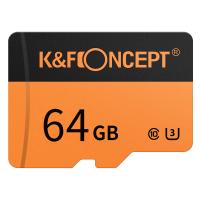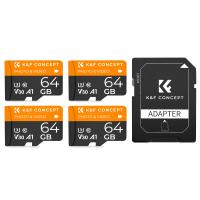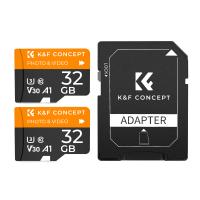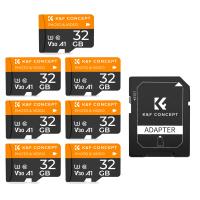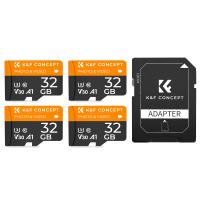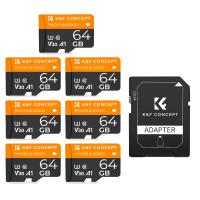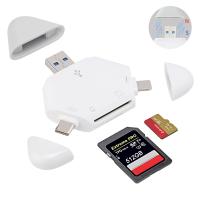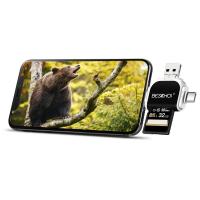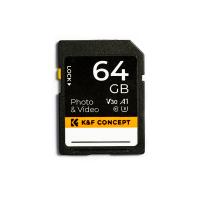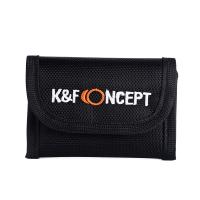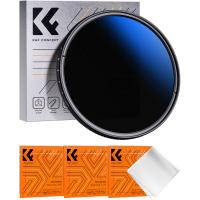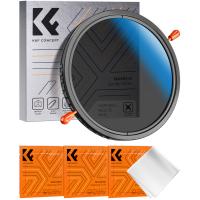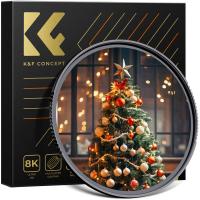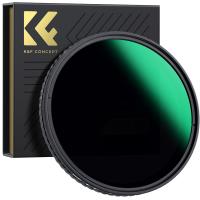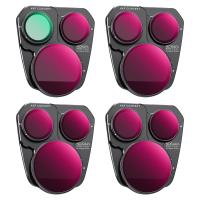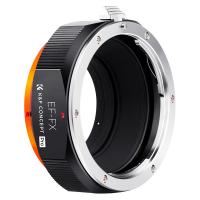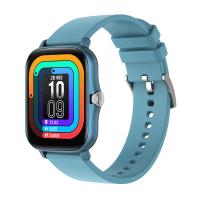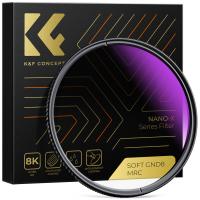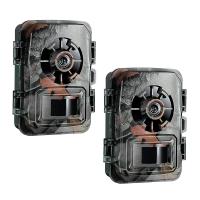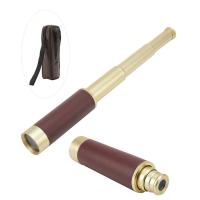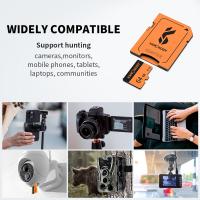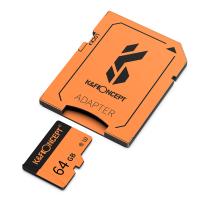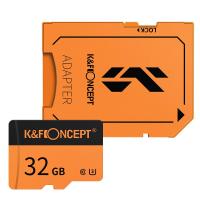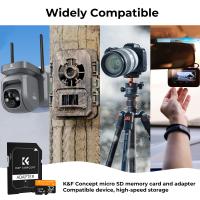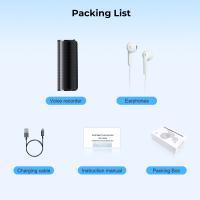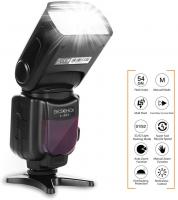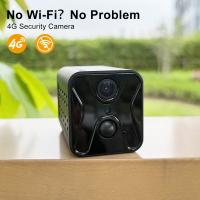How To Get Free Memory Card?
In today's digital era, memory cards play a vital role in expanding the storage of smartphones, cameras, gaming consoles, and other devices. While purchasing a memory card is the most straightforward option, some users search for ways to get one for free due to budget limitations or a simple desire to save money. Whether you're a student, a hobbyist photographer, or just someone trying to optimize expenses, finding a free memory card can be a practical solution. Here’s a comprehensive guide on realistic ways to get a free memory card, along with tips to ensure success and pitfalls to avoid.
---
Understanding the Landscape of Free Offers
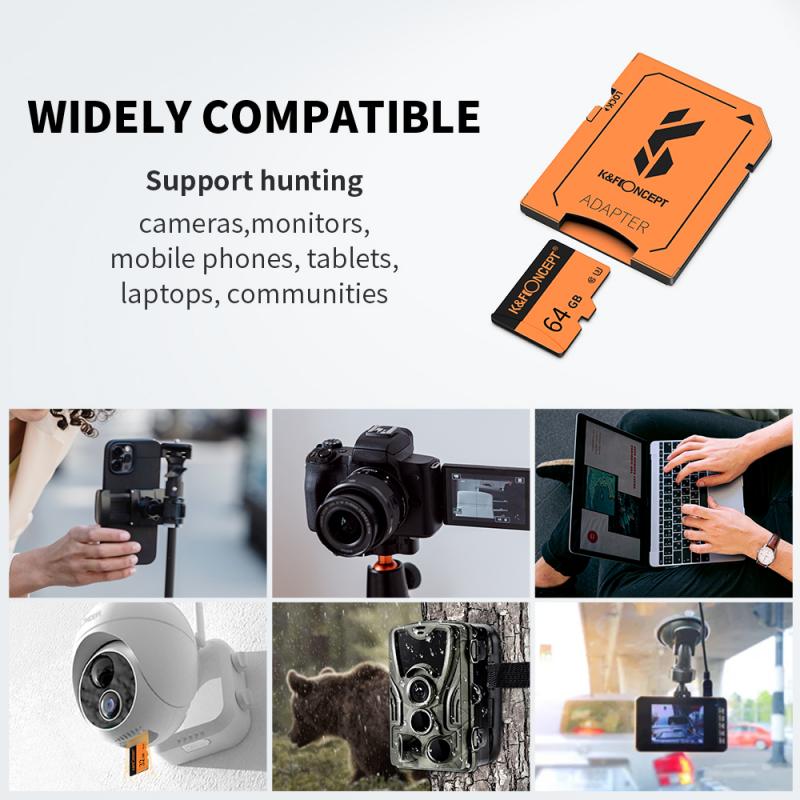
Before diving in, it’s important to understand how businesses and individuals offer free items such as memory cards. Often, these offers are part of promotional marketing strategies or giveaways aimed at creating brand awareness, attracting new customers, or clearing excess inventory. Other sources include personal exchanges, recycling programs, barter systems, and community-driven platforms. However, knowing where to look and how to approach it is critical. The following sections outline the most effective strategies to get a free memory card.
---
1. Participate in Promotional Giveaways
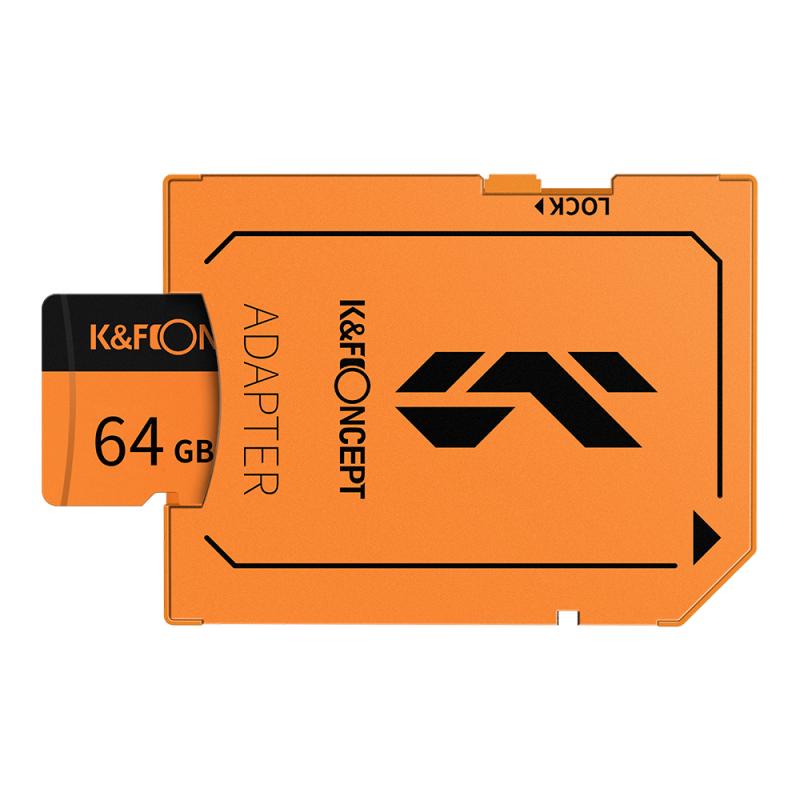
One of the most common ways to get a free memory card is by participating in brand deals or giveaways. Companies that manufacture or sell storage devices often host promotional events, either on their official websites or social media platforms such as Facebook, Twitter, and Instagram. These promotions might include small contests, surveys, or simple sign-ups that reward participants with free products, including memory cards.
How to maximize your chances:
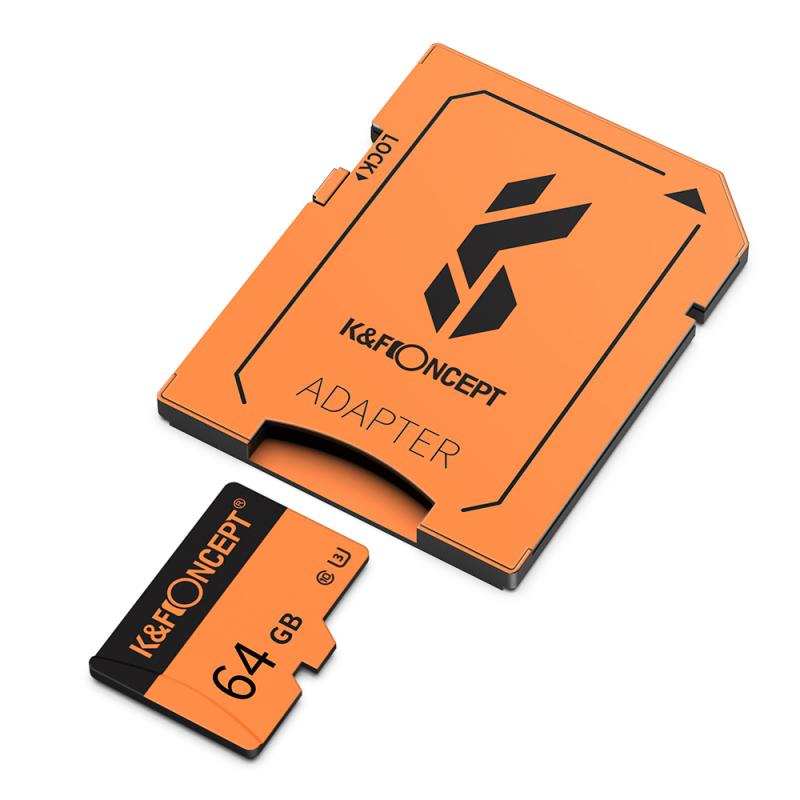
- Follow tech brands on social media: Companies like SanDisk, Samsung, or Kingston frequently run contests or promotions.
- Join tech community forums: Platforms like Reddit often announce giveaways that involve memory cards and other tech gadgets.
- Actively search hashtags: Use hashtags like #Giveaway, #FreeMemoryCard, or #TechFreebies to find relevant posts.
Caveats:

- Always verify the legitimacy of the promotion to avoid scams. Stick to official brand accounts or reputable sources.
- Keep an eye on deadlines and follow the rules to ensure you're eligible.
---
2. Check Online Marketplaces and Freebie Websites
Many websites specialize in listing free items or hosting barter systems. Memory cards sometimes appear on these platforms when users offer them for free or exchange them for other items.
Popular online platforms to explore:
- Freecycle: A global platform for exchanging free items. Search for memory cards or post a “wanted” request in your local group.
- Craigslist (Free section): Browse the "Free" section under your city or town. Some users may give away memory cards they no longer need.
- Facebook Marketplace: Look for free listings or community groups where people offer unwanted devices for free.
Success tips:
- Be prompt in responding to listings as free items often get claimed quickly.
- Clearly explain why you need the item to the giver, as they may prefer to give freebies to someone with genuine needs.
---
3. Trade Unused Items for a Memory Card
Instead of spending money, consider trading items you no longer need in exchange for a memory card. For instance, you might have an extra phone accessory, gaming equipment, or even literature that someone else may value.
Methods for bartering:
- Local bartering groups: Join community-specific barter groups on platforms like Facebook or WhatsApp.
- Dedicated trade sites: Websites like Swap.com or BarterQuest can facilitate safe and fair exchanges.
Example scenario:
You have an old phone case that no longer fits your device, but someone else owns a spare memory card they don't need. By proposing a direct trade, both parties benefit without spending a dime.
---
4. Leverage Loyalty or Rewards Programs
Certain manufacturers, retailers, and banks offer loyalty or rewards points that can be redeemed for technology items, including memory cards. You might already have unredeemed points sitting idle in your credit card account, store loyalty program, or online platforms.
What to do:
- Check your credit card rewards catalog to see if memory cards are available as redemption options.
- Look into store-specific programs such as Best Buy’s Rewards program, which might allow you to claim a memory card.
- Consider signing up for free-to-join loyalty programs offered by gadget retailers, which occasionally provide free rewards.
Insider tip:
Monitor special promotional periods when companies introduce limited rewards or bonus loyalty points, as they can make it easier to redeem higher-value items.
---
5. Repurpose Older Devices
Sometimes, memory cards can be found as unused components in old devices lying around your home. If you have an outdated phone, digital camera, or other gadgets, it might contain a memory card that’s still functional and ready to be repurposed.
Actions to take:
- Look through your old technology items and remove any memory cards from defunct devices.
- Test these memory cards for compatibility and usability with your current devices. Wipe out old data safely before reusing them.
Additional benefit:
This method not only gets you a free card but also supports sustainable tech practices by extending the life cycle of electronics.
---
6. Join Community Programs and Events
Various community-based programs and non-profits organize events that distribute free tech supplies, including memory cards, to those in need. Tech literacy programs for students, educational workshops, or local electronics recycling drives are good channels to explore.
Steps to find such programs:
- Keep an eye out for local tech-centric events in libraries, schools, or community centers.
- Partner with non-profits or charities that may redistribute older but usable electronics.
- Participate in eco-initiatives; companies sometimes rehome secondhand items like memory cards during clean tech campaigns.
---
7. Utilize Referrals and Affiliate Campaigns
Some companies reward customers who refer their products or services to friends. Referrals can sometimes include physical products like small gadgets, USB drives, or memory cards as part of the incentive.
To get started:
- Look into affiliate programs offered by online retailers or memory card brands.
- Share referral links with friends; most programs award credits, freebies, or direct rewards when someone signs up or makes purchases through your link.
---
Addressing Common Concerns
Securing free memory cards is achievable, but many people harbor misconceptions or concerns about these opportunities:
1. Are free memory cards legitimate or scams?
While many offers are genuine, scams do exist. Always validate sources, avoid sharing sensitive personal information unnecessarily (such as your banking details), and never pay “processing fees” for freebies.
2. What if I need high storage memory cards?
While it’s possible to find free cards with decent capacity (such as 32GB or 64GB), larger capacities (128GB and up) are less commonly given for free. However, the strategies listed here may still work if you’re persistent.
3. Are secondhand memory cards safe to use?
Used memory cards can often still function perfectly, provided they are formatted and wiped clean of previous data. Perform a thorough scan for any corrupt sectors or compatibility issues before using them.
---
Closing Thoughts
Getting a free memory card requires resourcefulness, persistence, and a keen eye for opportunities. By leveraging promotional events, exploring online communities, participating in swaps, and repurposing old hardware, you can acquire a functional memory card without spending money. At the same time, your efforts contribute to sustainable usage practices and waste reduction by reusing technology that might otherwise lie dormant.
While these strategies offer practical ways to secure a memory card, patience and adherence to ethical practices are key. Genuine opportunities might take time to find, but they are certainly worth the effort. With the tips outlined above, you’ll not only save on costs but also enrich your knowledge of the tech ecosystem and community collaboration.

